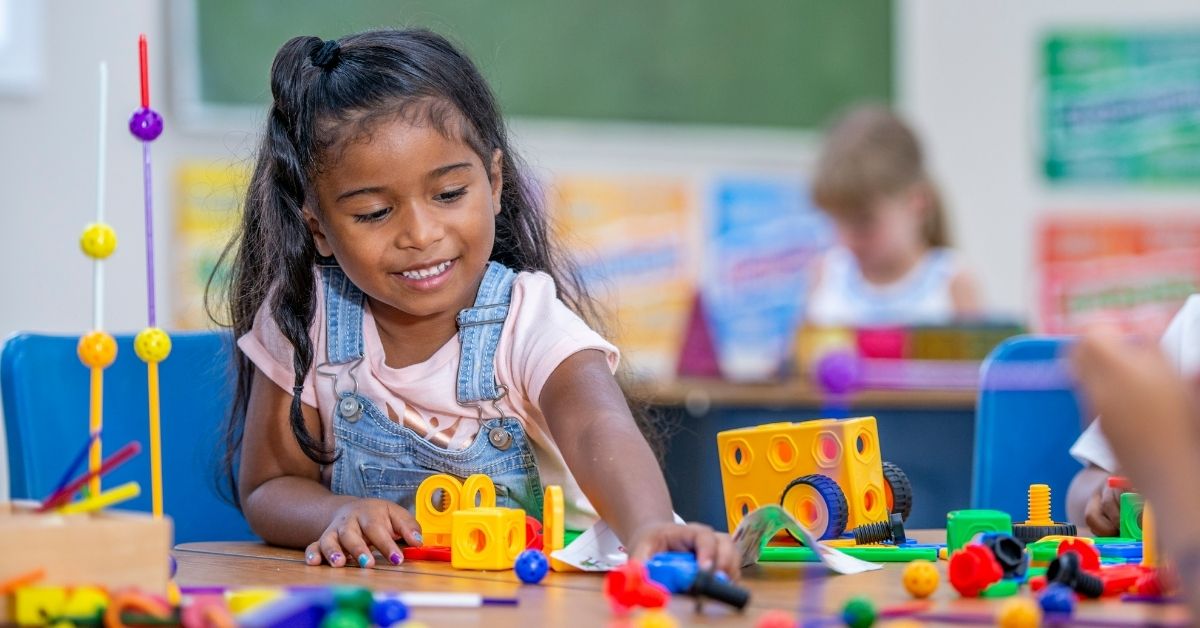Parenting is a beautiful dance – a constant give and take of love, guidance, and growth. But sometimes, this dance has a hidden participant: our past. Unhealed family trauma can cast a long shadow, influencing our parenting style in ways we might not even realize.
The good news? You are not alone. Trauma is a harsh reality for many, and it doesn’t define you as a parent. It’s a chance to learn, grow, and break the cycle.
Before We Were Parents, We Were People
Think back to before you held your child for the first time. You were a human being with a unique story shaped by experiences, both joyful and painful. If you experienced family trauma, acknowledging that pain is the first step towards healing. Ignoring it creates a breeding ground where past hurts can unconsciously influence your parenting.
Reading the Signs: When Your Past Needs Attention
So, how do you know if your trauma is impacting your parenting? Here are some signs to watch for:
- Emotional reactivity: Do you find yourself easily triggered by your child’s behavior?
- Difficulty setting boundaries: Are you overly controlling or emotionally distant?
- Perfectionism: Do you hold yourself (and your child) to unrealistic standards?
- Struggle with intimacy: Do you have trouble connecting with your child on an emotional level?
These signs do not reflect your worth as a parent. They are whispers from your past urging you to heal.
Tools to Prevent Past Trauma from Shaping Your Future
Healing is a journey, not a destination. But with the right tools, you can prevent past trauma from defining your parenting style. Here are some strategies to embrace:
- Identify Your Triggers: What situations or behaviors trigger painful memories? Recognizing your triggers will help you develop coping mechanisms before they control your reaction.
- Develop Healthy Communication: Learn to express your feelings calmly and assertively. This creates a safe space for your child to do the same.
- Embrace Positive Discipline: Move away from punishment-based approaches. Focus on teaching positive behaviors and emotional regulation.
- Practice Mindfulness: Become present in the moment with your child. Mindfulness exercises can help manage stress and improve emotional awareness.
- Set Boundaries: This creates a sense of security for you and your child. Set clear expectations and follow through consistently.
- Build a Support System: Surround yourself with positive, understanding people. Support groups or therapy sessions can be invaluable.
Remember, Healing is a Gift, Not a Burden
Healing isn’t selfish; it’s the greatest gift you can give yourself and your child. By taking care of your own well-being, you create a foundation for a loving and nurturing relationship with your children
Breaking Free from the Shadows
Healing from trauma isn’t about erasing the past. It’s about acknowledging it, understanding its impact, and learning new coping methods. Here’s how to rewrite your parenting story:
- Seek professional help: Therapy can provide a safe space to process past trauma and develop healthy coping mechanisms.
- Practice self-compassion: Forgive yourself for past mistakes. You didn’t have the tools you needed then.
- Embrace vulnerability: Sharing your struggles with a trusted friend or therapist can be incredibly liberating.
- Focus on the present: Mindfulness techniques can help you stay grounded and respond to your child’s needs in the moment.
Remember, Your Vulnerability Empowers
Your children don’t need a perfect parent; they need a real one. They won’t hate you for being vulnerable; they’ll learn from your courage to heal.
There might be days when the shadows of your past seem overwhelming. But remember, trauma doesn’t make you a bad parent; it’s a call to be a better one. Take a deep breath, reach out for help, and know that with each step towards healing, you’re creating a brighter future, not just for yourself but for your children as well.
The light at the end of the tunnel is real. You’ve got this.









